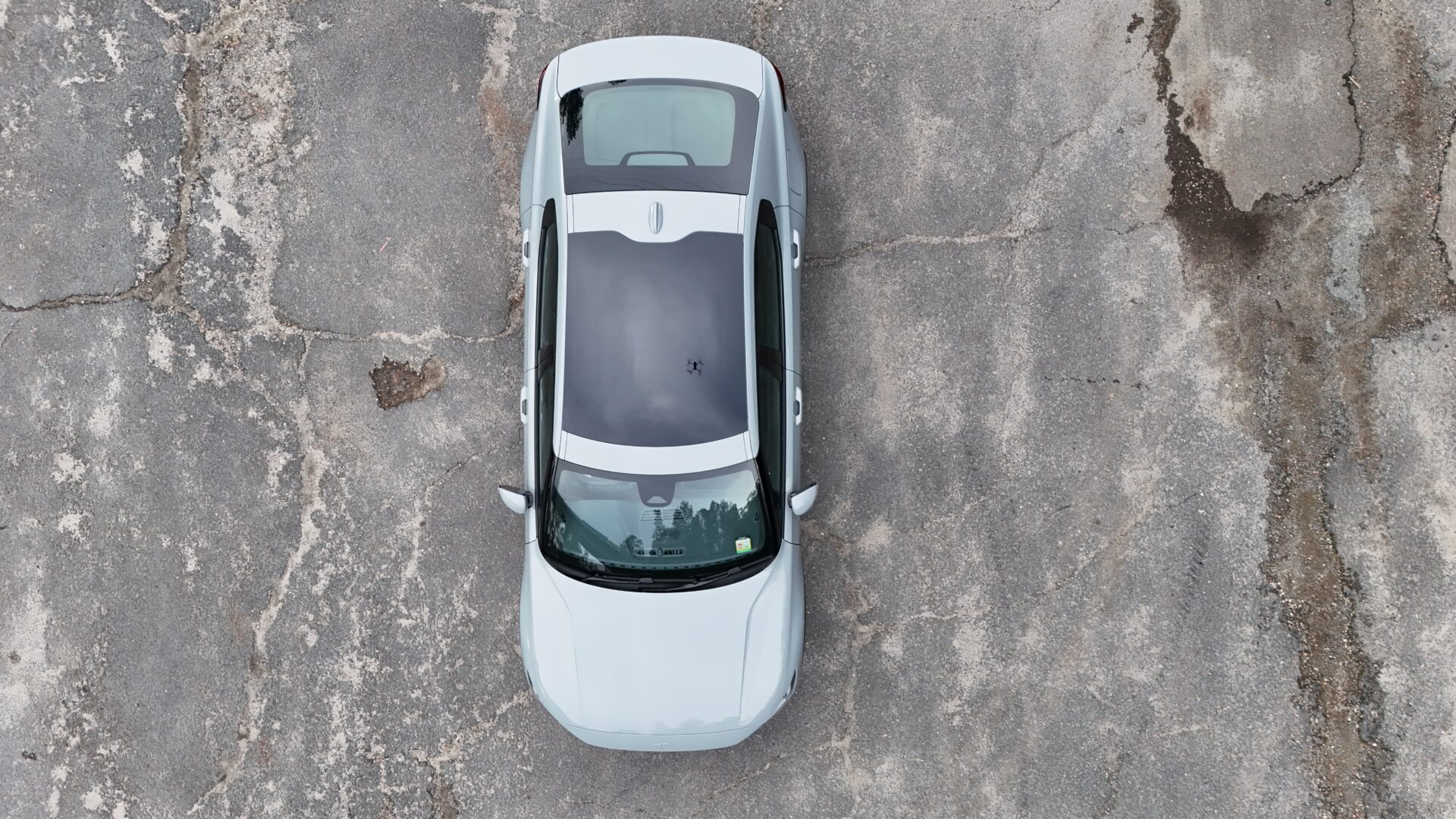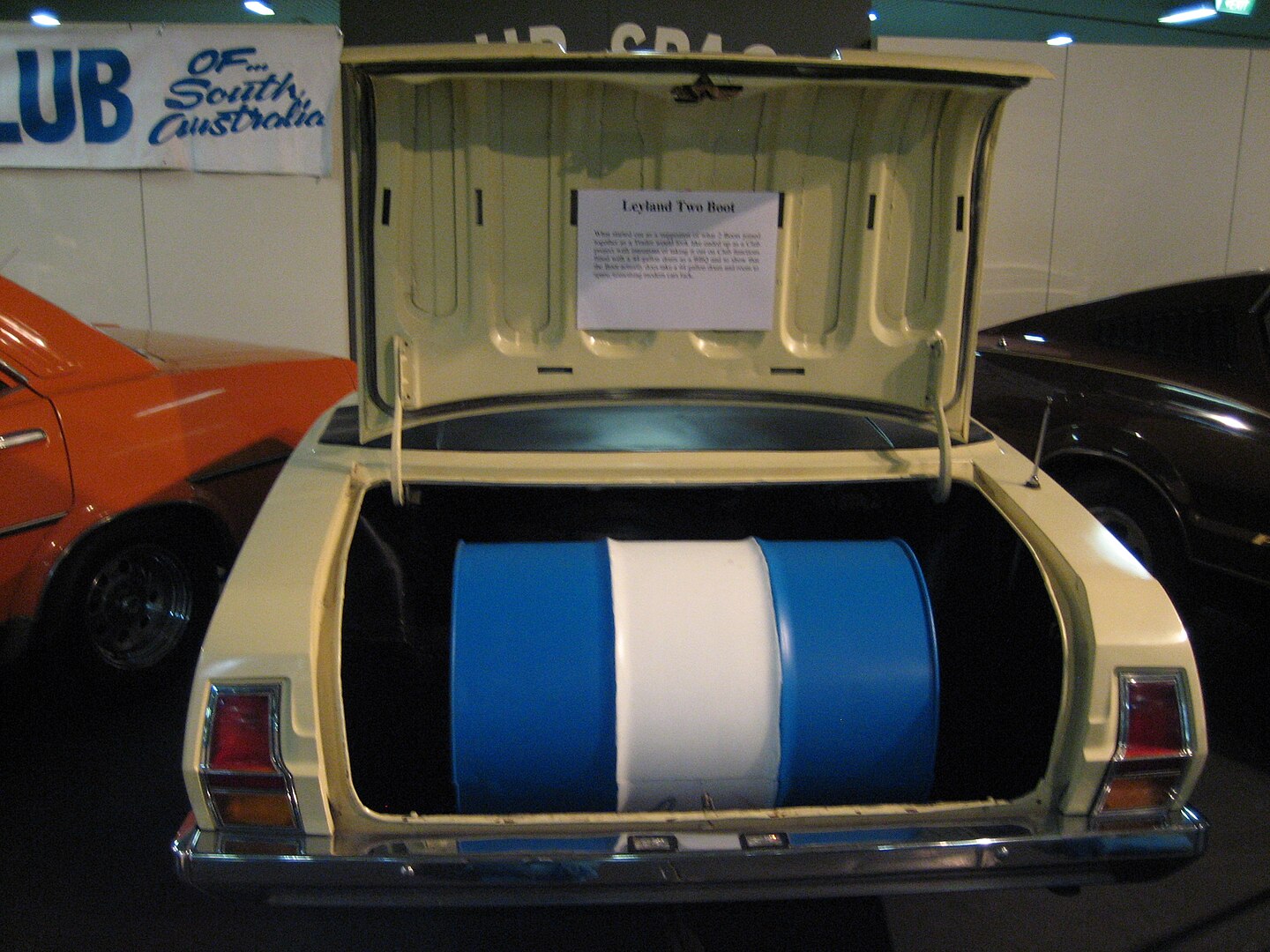It barely makes my top ten. There are so many other stupid rules in Formula 1 and they’re fundamentals, not details.
After the Singapore Grand Prix, British motorsport media went into the usual meltdown when one of their brave little boys had something taken away from him. Daniel Ricciardo’s heroics in the VCARB car, which is Red Bull’s second team, saw him secure the fastest lap of the race for what turned out to be his final race.
The lap time was not only the lap record (which will surely stand for a single year barring a downpour in 2025’s race) but it also denied McLaren’s Lando Norris an extra point, allegedly also denying him the World Driver’s Championship in the process. Somehow.
Unsporting! they cried as McLaren Team Principal (or whatever they’re called now) Andrea Stella lost his mind and told the assembled media dark forces were at work in the Red Bull pantheon. Daniel Ricciardo is plotting against little Lando.
Good gracious and mercy me, etc etc.
Formula 1 introduced the fastest lap rule a few years back. The idea was to stop the race turning into a procession (or more of one) after the final pit stops. One point is awarded to the driver with fastest lap.
But only if they finish in the top ten. Ricciardo was out of the top ten and was allegedly given the opportunity as a sort of parting gift. Fresh rubber, end of race, give it the the beans, son.
VCARB Team Principal Laurent Mekies pretended he didn’t even know if it was Ricciardo’s last race, but it could well have been an internal protest against Helmut Marko’s ongoing Reign of Terror.
Some in the British F1 media went absolutely bonkers and they trotted on down What About Lane and decided that this was all in aid of Verstappen’s title bid. Because Red Bull you see. And McLaren Team Principal Andrea Stella said so.
The Race – who I thought would and should know better – put up a YouTube short calling the rule ridiculous and creating “farcical situations.”
This video is offensively stupid and possibly the worst take imaginable from a serious outlet. The rule has been around for years and absolutely nobody has complained about it, at least not to this extent.
The Race then put a whole video up discussing whether the “incident” was unethical, essentially walking back the diabolical stupidity of the by pointing out the flaw in its idiotic reasoning. To their credit, they left the original (above) in place but probably because it pulled clicks and views.
This second video took a rather more reasoned stance which I guess is some kind of redemption.
Sections of the British media (and countless geese on social media) have decided that by allowing non-points finishers to take the fastest lap away from the big boys up the front, it’s somehow a diabolical scheme.
I’m not much of a fan of the rule myself, it feels gimmicky and there are better ways to ensure the races are full length rather than decided by the pit stop strategy.
And this is where we come to my problems with Formula 1’s dumb rules.
The current rules stipulate a total of four engines and gearboxes that can be used in season. Break either “rule” by having more than the mandated number and the driver gets grid penalties.
Break bits of either and the driver gets grid penalties.
Those individual bits include turbo (4), MGU-H and MGU-K (4), energy store and control electronics (2) and exhaust (8).
While we’re here, only F1 could come up with MGU-H (h for heat) and MGU-K (k for kinetic). And I thought KERS was bad.
The reliability of things that teams build (gearboxes) and mostly external parties build (engines) are relied upon by the driver to support his grid position. Not solely if the driver is the fastest but also whether his gearbox will last so many races and his engines will last so many races.
So what happens in races? The teams demand their drivers go slower to assist with reliability.
Now, I don’t think we should go back to the old days of throwing in quali engines and then bolting in a fresh one for the race. That’s absurdly wasteful and incredibly tiring for pit crews. It is rarely the driver’s fault that an engine blows or a gearbox blows. Why should that have any bearing in the World Driver’s Championship? Punish the teams and the engine manufacturers, not the driver.
Or better still, completely overhaul the limits.
While we’re on the current engines, the reliability rules were enforced early on in this turbo hybrid era when engines blew with alarming regularity. The cost of developing these brand-new engines was colossal and remain vastly more complicated than the V8s they replaced (which had themselves become extremely reliable).
This is a very stupid rule. If you want “farcical” situations, it’s when McLaren had hundreds of grid penalties from its Honda engines exploding all over the place. Like actual hundreds. Even rivals suggested a rule limiting the penalties to prevent embarrassment.
Many rule changes are made in the name of cost-cutting but often end up being absurdly expensive. The FIA hasn’t the faintest idea what cost-cutting actually means and Formula 1 teams do everything they can to avoid cutting costs.
There’s the US$135m cost cap where the actions of another driver or team can affect the fortunes of a driver. If your teammate keeps throwing his car into the wall, your team has less money to spend on improving the car. If another team’s drivers keep running into you, your team has to take money out of the development budget.
This is supposed to help teams at the back push forward towards the front but it hasn’t come anywhere near making that happen. The gaps on the timing sheet might be smaller, but we’re no closer to Haas winning a race than we were before the cost cap.
Things are roughly as they were before the cost cap, with mid- and back-of-the-field teams swapping about, occasionally spending time next to Sergo Perez. There are enough loopholes for the big, well-established teams at the front of the grid to stay there. And then for 2026 the rules change yet again so the poorer teams have to grapple with that huge expense.
Do you see where I’m going here? Every major rule change fundamentally entrenches the cars at the front. The only “fairytale” championship win came in 2009, long before hybrids and cost caps when Brawn GP took the double with a car that started the year with no engine supply.
It was certainly very helpful that Honda had thrown hundreds of millions at the team before suddenly pulling out of the sport ahead of the season. So it was hardly underfunded or some scrappy lucky hit – the double diffuser was not some sort of fluke, it was funded by Honda largesse which had included coaxing Ross Brawn to the team that he ended up owning.
Nothing the FIA does makes any sense when it comes to cost caps. It also make no sense when it comes to what fans are going to see. Cars that are lifting and coasting to save fuel to stay under the 100kg limit (and therefore go out into the race with the least amount of fuel possible) are not exciting.
Drivers refusing to overtake each other in the name of not crashing are not exciting. Quiet hybrid engines (relatively speaking) mean absolutely nothing most people watching, so they’re not exciting. If they’d frozen engine development at the end of the V8 era and added KERS to run for ten years, there would be nothing different and the cars wouldn’t be the size of a Mazda CX-9.
In the name of relevance – surely the dumbest concept a bazillion-dollar sport can ever hope to achieve – each car is limited to 100kg of fuel per race. Being Formula 1, the teams don’t ever fill the car to the brim because they want to be as light as possible.
That means actual farcical situations where drivers are entreated to “lift and coast” to save fuel. F1 cars using 100kg or 150kg of fuel is not going to help climate change and nor is the ludicrous globe-crossing schedule that regularly fails to group races in geographic locations.
The China-Miami-Emilia Romagna-Monaco-Canada-Spain sequence is intensely stupid. 2023 had the Saudi Arabia-Australia-Azerbaijan-Miami-Emilia Romagna sequence. Fewer kilos of fuel in the back of 20 F1 cars hasn’t got a hope in hell of covering the carbon cost of a couple of Antonovs shuttling all that gear hither and thither.
So yeah. The racing is never better, the costs are never cut and neither is carbon. The real farce is the Formula 1 is trying to pretend it cares. It may well do, but at some point you have to take a long hard look at yourself and realise there’s only so much punters will take.
The fastest lap rule is way down the list. Probably at the bottom, actually.




Leave a Reply